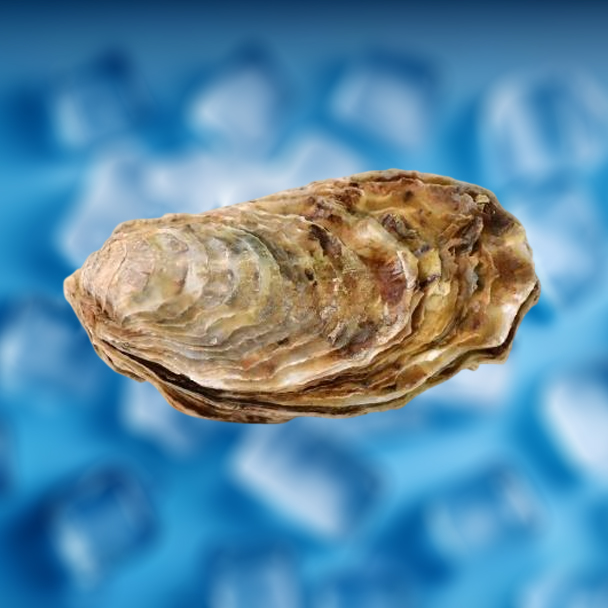
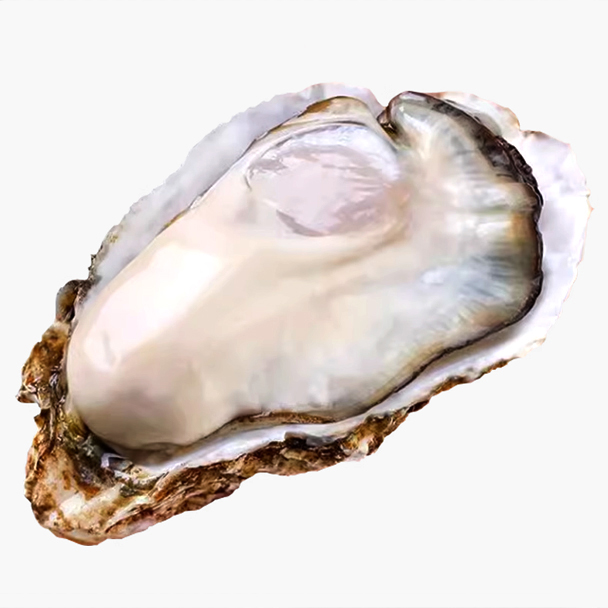
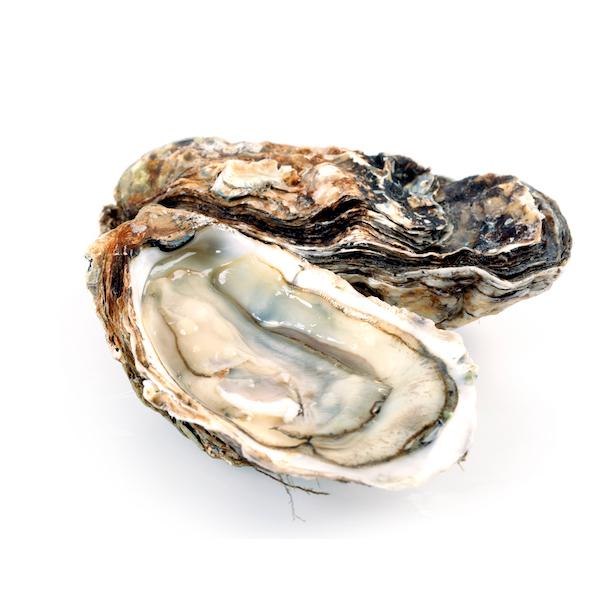
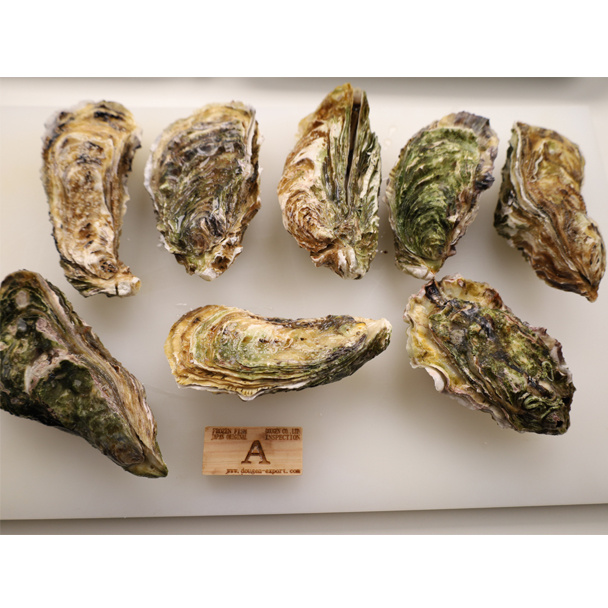
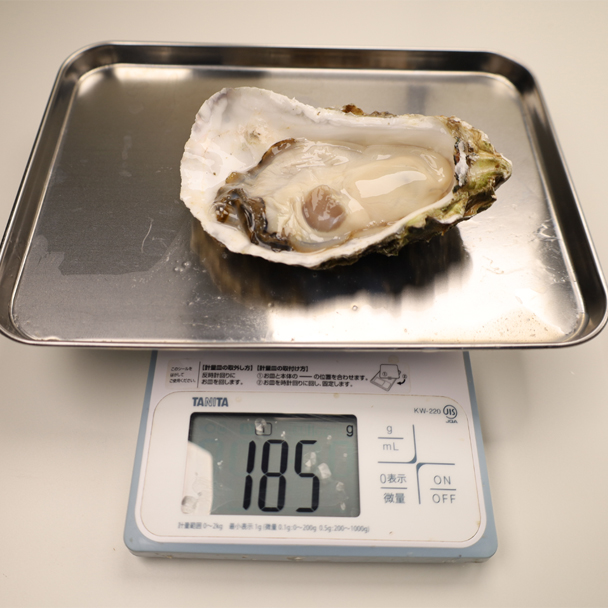






The oyster, also known as the Pacific oyster, belongs to the family Ostreidae and is a bivalve mollusk widely distributed in temperate and tropical coastal waters around the world. It is commonly found in intertidal zones and shallow reefs, often attached to rocks, docks, or other hard surfaces. China, Japan, and South Korea are major producers of oysters.
Oysters have rough, irregularly shaped shells with a soft, moist interior that ranges from milky white to light gray. They grow quickly, reproduce efficiently, and are well-suited for aquaculture, making them highly valuable economically. Rich in high-quality protein, zinc, calcium, iron, vitamin B12, and taurine, oysters are praised as "milk of the sea" and are known for their health benefits, including boosting immunity and supporting metabolism.
In Japanese cuisine, oysters are a popular winter delicacy and are prepared in various ways such as raw (nama-gaki), charcoal-grilled, deep-fried (kaki furai), sukiyaki-style, or in miso hot pots. Their rich flavor and nutritional value make them a staple in traditional kaiseki meals, izakaya dishes, and home cooking.
